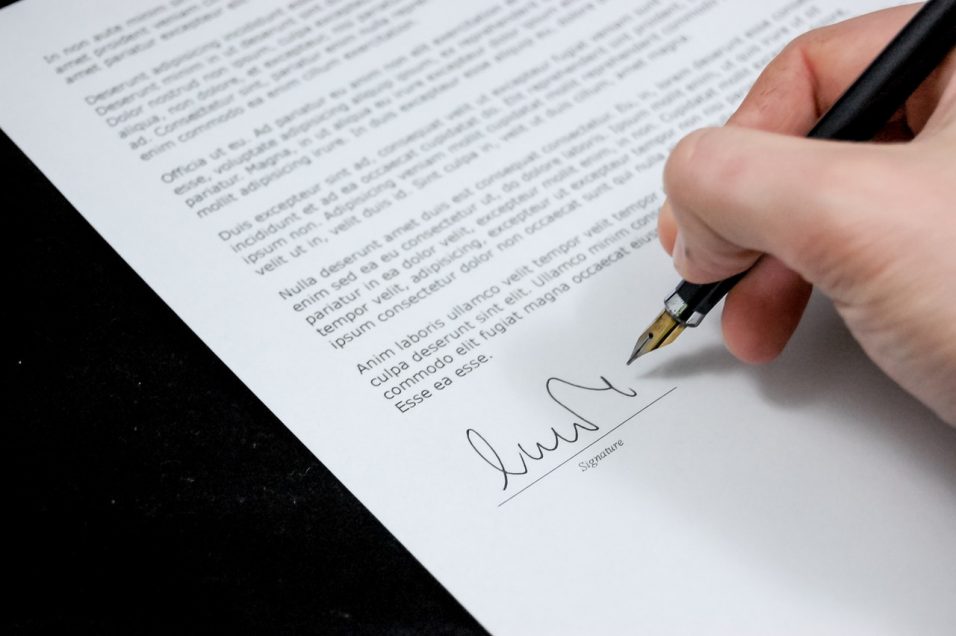Room 104 and Bad Writing Decisions

Psychotic Breaks for Everyone!
I’m okay with the Duplass Brothers. I don’t love everything they do, but they’re interesting, usually surprising, and always kind of smart about their projects. Even when they slum in crappy movies or TV shows, they’re interesting. So, okay.
Room 104 is an anthology series created and largely written by the Duplass bros. Anthologies with conceits like this—every story takes place in the same nondescript motel room, at different times and eras—usually wind up being quite a mixed bag, but since it’s the Duplasses I figured, let’s check out the first episode, Ralphie.
SPOILERS. Oh, so many spoilers. I’m gonna, like, completely discuss the entire plot. So if you care about spoilers (you shouldn’t though) and want to watch this, stop reading … now.
The Story
These episodes are only 30 minutes, so the stories are going to be short and sweet. In Ralphie, a single dad calls a babysitter to Room 104 to watch his son, Ralph, while he goes on a date. The babysitter makes awkward small talk with the Dad while he gets ready to leave, Ralph won’t come out of the bathroom, the babysitter offers to show the Dad her references but he’s like, no need, babe, you look totally sane and cool.
After Dad leaves, the babysitter coaxes Ralph out of the bathroom. He’s a sleepy kid with a flat affect, and he warns her that Ralphie is in the bathroom and will come out and mess everyone up if they’re not careful. The kid is creepy, and when he claims she “woke” Ralphie, he runs into the bathroom. A moment later a kid who looks just like him emerges from the bathroom, shirtless, wearing a yellow cape, and screams I’m gonna get you! as he goes apeshit on the babysitter, who runs in shock and terror. Then Ralphie goes back into the bathroom and Ralph comes back out, all innocent and asking if she’s okay—did Ralphie “get” her?
Things calm down, and babysitter tries to coax the kid to go to sleep. Ralph wants to tell her about the time his mother committed suicide, which freaks her out, and then Ralph says that was a joke—actually, Ralphie totally killed his mom, and now he’s terrified Ralphie will kill him. Babysitter is totally freaked, then Ralph claims Ralphie woke up again, goes back into the barthroom, and then … two kids emerge. Ralph, and Ralphie. Ralphie proceeds to go apeshit and strangles Ralph to death, then comes for the babysitter, exhibiting superhuman strength and nearly killing her before she gets the upper hand and strangles him.
Then Dad comes home, and there’s only one kid, and the babysitter totally murdered him. Except, the bathroom door suddenly slams on its own.
The Problem(s)
Stories are hard. And half an hour of screen time isn’t much. And sometimes you have a great idea for an ending or a premise and you lose sight of good storytelling to get there.
Based solely on the quick mention of her “references” that the Dad’s too horny to bother looking at, I think we’re supposed to assume that Babysitter is delusional, imagines Ralphie, and kills the kid for her own reasons. The problem? The show does no work to get us there. Babysitter is presented as nice enough, concerned, responsible, and timid—after all, when a small boy in a yellow cape attacks her, she doesn’t throw him across the room. She cowers behind the curtains.
Or perhaps there’s a supernatural element, but again there’s no work done to show how it affects Babysitter—she goes from kind of freaked out and unhappy to choking out a little boy in no time flat.
There are practical concerns, too. Ralphie apparently sleeps in the bathroom when he’s not murdering folks, which, okay; I can see a crazy kid coming up with that sort of “Superman” solution to his secret second identity. But didn’t Babysitter have to go to the bathroom at some point? Was there a kid in there or not? Or did she not hydrate at all that day and so sat for three hours without once needing to pee?
Nice Touches
This isn’t to say the story wasn’t entertaining. The tone and mood were creepy AF, and there were some nice grace notes—like the aforementioned references, the way the episode opened on the Dad sitting on the bed of the room with his head in his hands like he knows he’s living a nightmare, the mileage gotten from a closed bathroom door. This isn’t terrible, but it’s sloppy. It’s all sizzle and no steak.
Luckily, anthologies offer something new every week, so let’s keep watching and see what happens.









